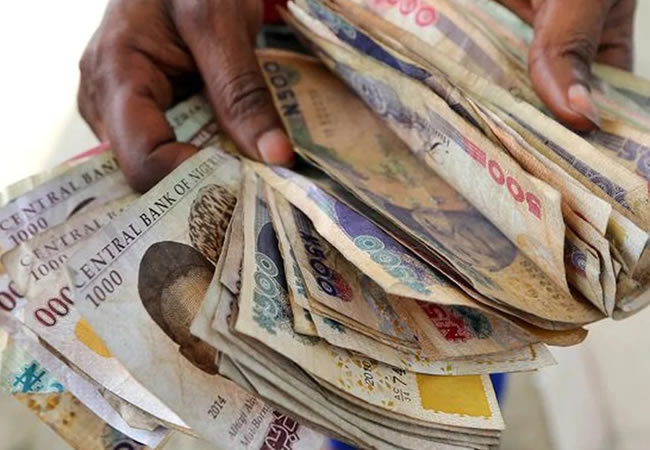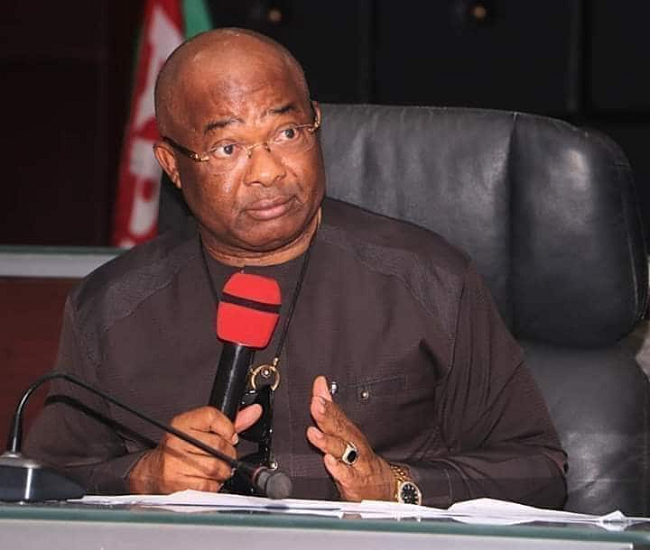The Nigerian naira saw a significant increase in value on the black market on Sunday, driven by the optimism of more foreign exchange inflows into Africa’s largest economy. The Federal Government’s promises to support dollar liquidity in the foreign exchange (FX) market contributed to the positive sentiment that boosted the local currency.
Over the weekend, street traders were buying dollars at a rate of N901, a significant improvement from the N1,050 rate observed the previous Friday.
Contrast in the Peer-to-Peer (P2P) Market
However, the naira experienced a slight dip on the P2P market, trading at around N980/$ in the early hours of Monday. Operators of domestic exchange bureaus believe that the recovery and stability of the naira against the dollar at the week’s rate could be further supported by injecting liquidity into the retail sector of the foreign exchange market.
Aminu Gwadabe, the Chairman of the Association of Nigerian Foreign Exchange Bureaus (ABCON), emphasized the importance of the Federal Government maintaining a continuous flow of dollars into the market to counter the influence of speculators.
CBN’s Efforts and Impact
The Central Bank of Nigeria (CBN) took significant actions to address the foreign exchange situation in the country. Last week, the CBN initiated the clearance of about $7 billion in backlog foreign exchange futures contracts, a move expected to provide relief to the naira, local businesses, and the country’s economy.
CBN Governor Yemi Cardoso mentioned that once the rules for market participants are clarified, the naira is expected to adjust. The CBN settled outstanding FX futures contracts owed to various banks, including Citigroup, Standard Chartered, and Stanbic IBTC. While local banks have not yet been completely cleared, sources close to the president indicated that they will be next in line for resolution. Nigeria aims to secure around $10 billion in new capital inflows to address its foreign exchange backlogs.
U.S. Federal Reserve’s Actions
In addition, the naira is experiencing fewer external shocks due to the U.S. Federal Reserve’s recent actions. The U.S. Federal Reserve has maintained its key interest rate band at a range between 5.25% and 5.50% for the second time at its November meeting, in response to persistent inflation concerns despite strong economic growth in the third quarter and a substantial increase in jobs.
The Fed’s benchmark rate remains at its highest level in 22 years, following a series of rate hikes that began in March 2022 to combat inflation. Concerns about a potential recession are growing as U.S. long-term interest rates reached a 16-year high of 5% in October, along with rising Treasury yields. There is also uncertainty about U.S. consumer spending as student loan payments resume after pandemic-related suspensions.
















